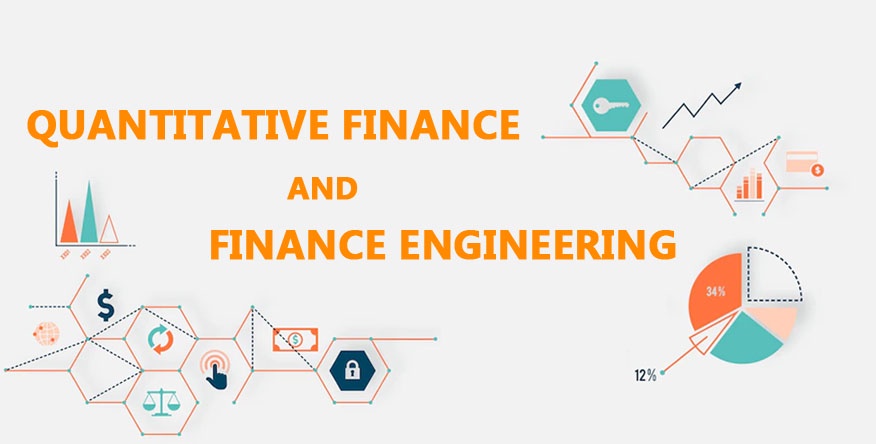In the dynamic world of finance, where markets fluctuate and economic conditions evolve, there exists a specialized field known as financial engineering. This discipline combines principles of mathematics, statistics, computer science, and finance to develop innovative solutions for managing financial risk, creating complex financial products, and optimizing investment strategies. As the demand for skilled professionals in this field continues to rise, choosing the right financial engineering course becomes crucial for aspiring individuals.
What is Financial Engineering
Before delving into the selection process, it's important to understand the nature of financial engineering. Essentially, it involves the application of mathematical and computational techniques to address financial problems and capitalize on opportunities. Professionals in this field are equipped with quantitative skills to model financial instruments, analyze data, and develop strategies to maximize returns while minimizing risk. Thus, a solid foundation in mathematics, statistics, and programming is indispensable for success in financial engineering.
Factors to Consider
Curriculum: A comprehensive curriculum covering topics such as quantitative finance, derivatives pricing, risk management, and computational methods is essential. Look for courses that offer a balance between theoretical knowledge and practical application through case studies and hands-on projects.
Faculty Expertise: The expertise and experience of faculty members play a significant role in the quality of education. Seek programs with faculty who are renowned experts in the field, actively involved in research, and have industry connections.
Industry Relevance: Evaluate whether the curriculum is aligned with industry trends and demands. Programs that offer internships, industry projects, or collaborations with financial institutions provide valuable real-world exposure and networking opportunities.
Resources and Facilities: Consider the resources and facilities available to students, such as state-of-the-art computing labs, financial databases, and access to proprietary software used in the industry. These resources enhance the learning experience and skill development.
Career Services: Look for programs that provide robust career services, including resume building, interview preparation, and networking events. Alumni networks and career placement assistance can significantly facilitate job prospects upon graduation.
Reputation and Accreditation: Research the reputation and accreditation status of the institution offering the program. Accredited programs adhere to rigorous standards of quality and are recognized by employers worldwide, enhancing the credibility of your credentials.
Flexibility and Specializations: Evaluate whether the program offers flexibility in course selection and the opportunity to pursue specializations or concentrations based on your interests and career goals. Specialized tracks in areas such as quantitative trading, risk analysis, or financial technology (FinTech) can provide a competitive edge.
Location and Networking Opportunities: Consider the location of the institution and its proximity to financial hubs or major corporations. Being situated in a vibrant financial center can offer unparalleled networking opportunities, internships, and potential job prospects.
Conclusion
Choosing the right financial engineering course is a crucial decision that can shape your future career prospects in the finance industry. By considering factors such as curriculum, faculty expertise, industry relevance, resources, and reputation, you can make an informed choice that aligns with your goals and aspirations. With the right education and preparation, you can embark on a rewarding journey in this dynamic and intellectually stimulating field.


No comments yet